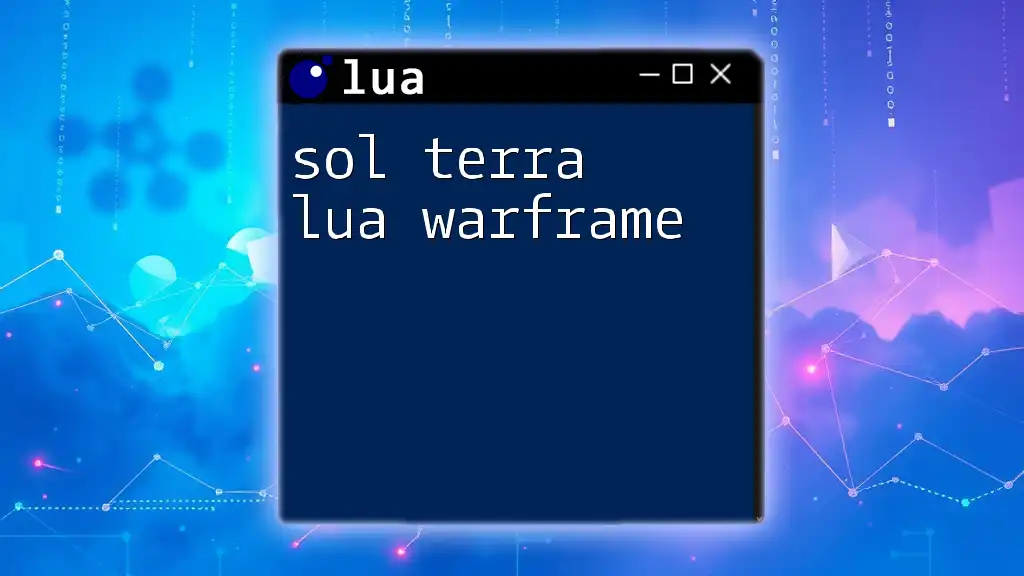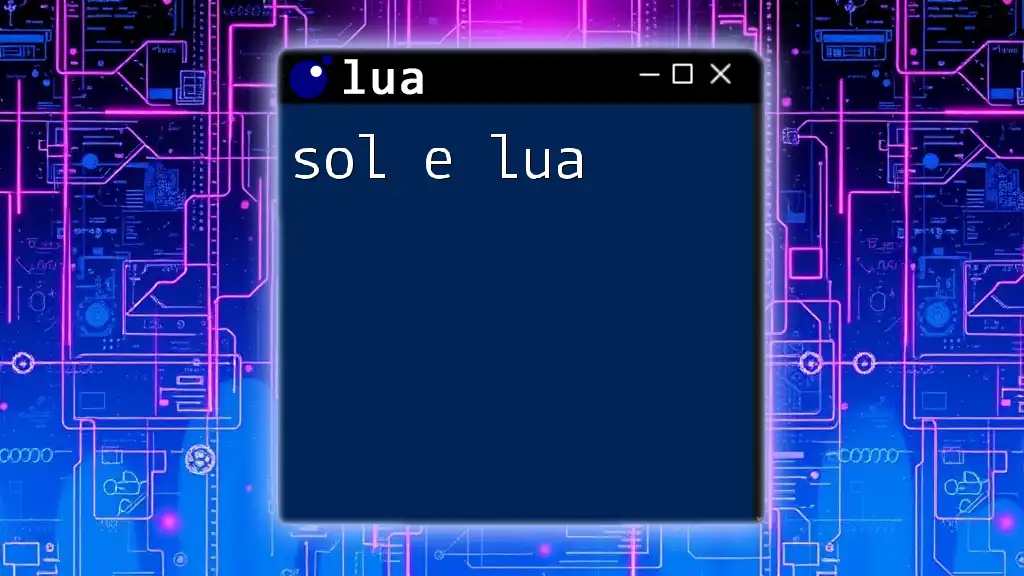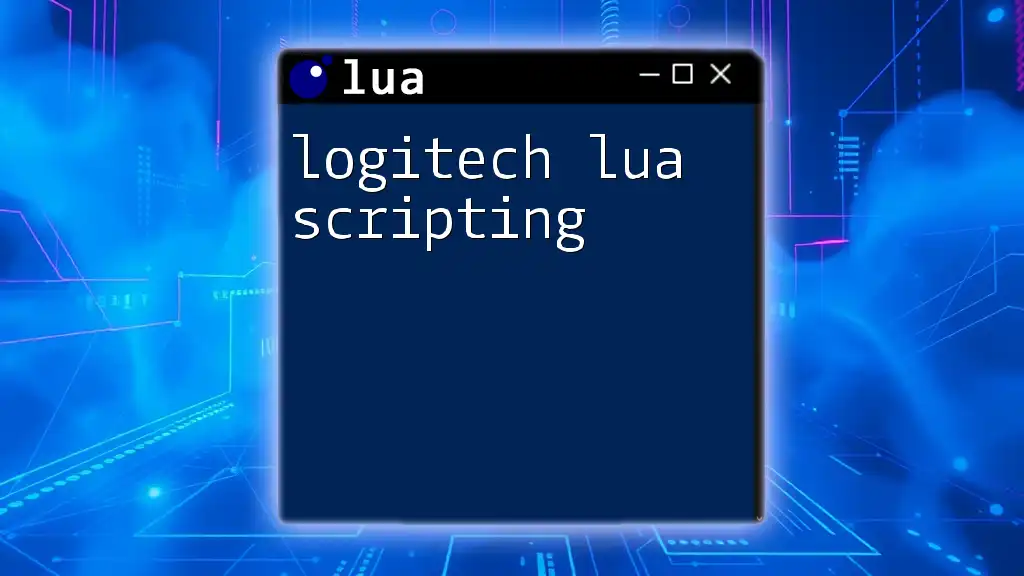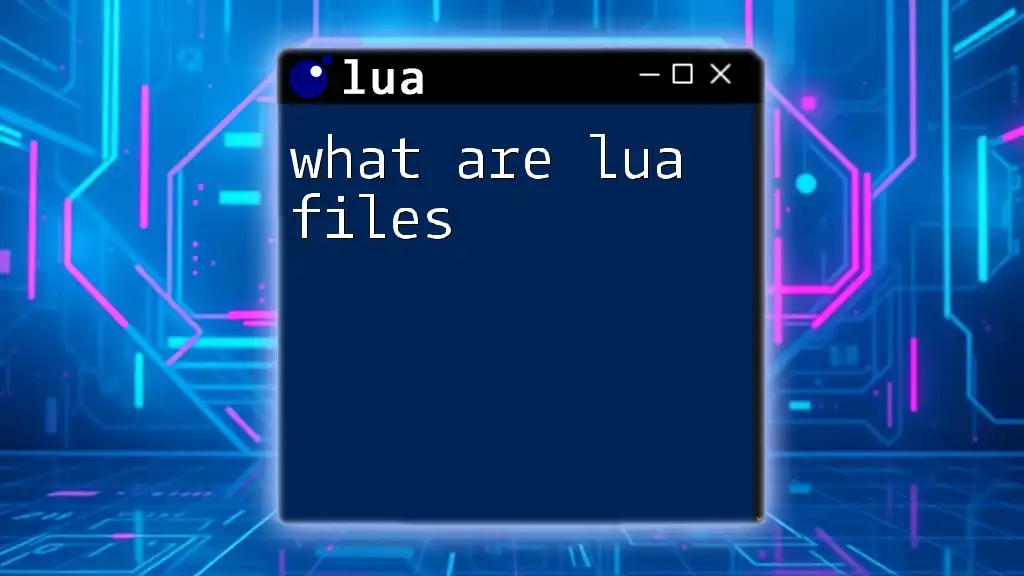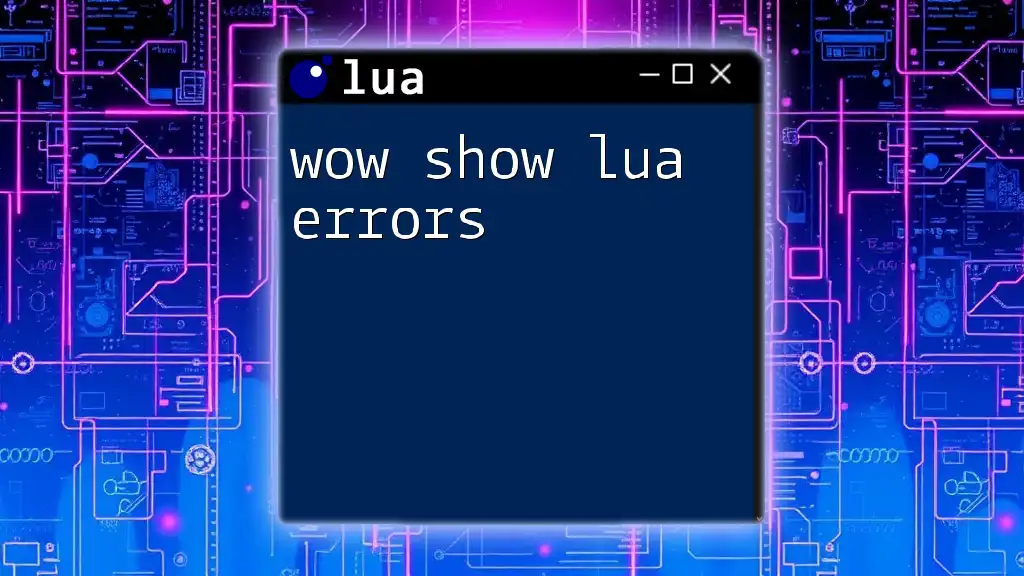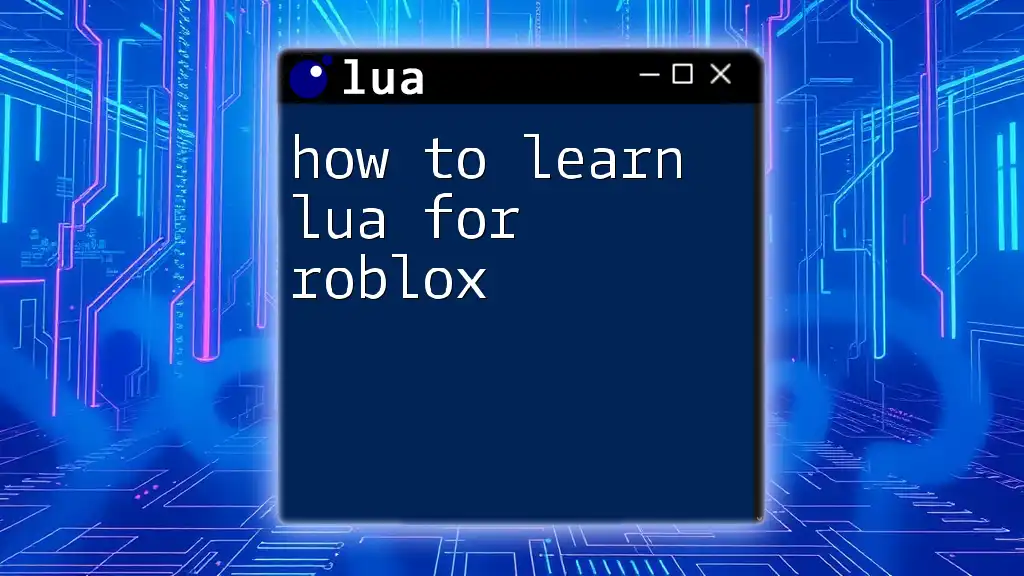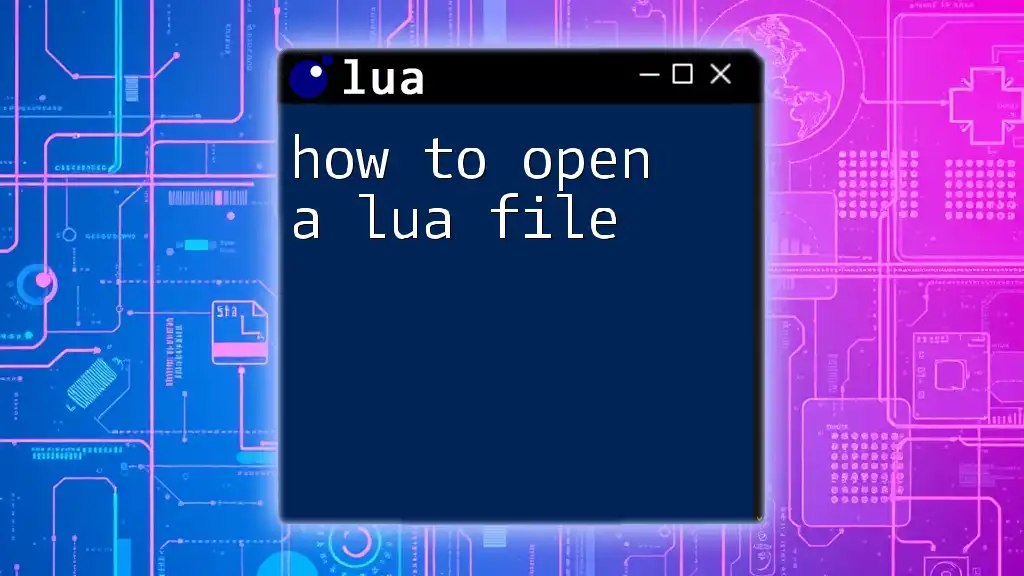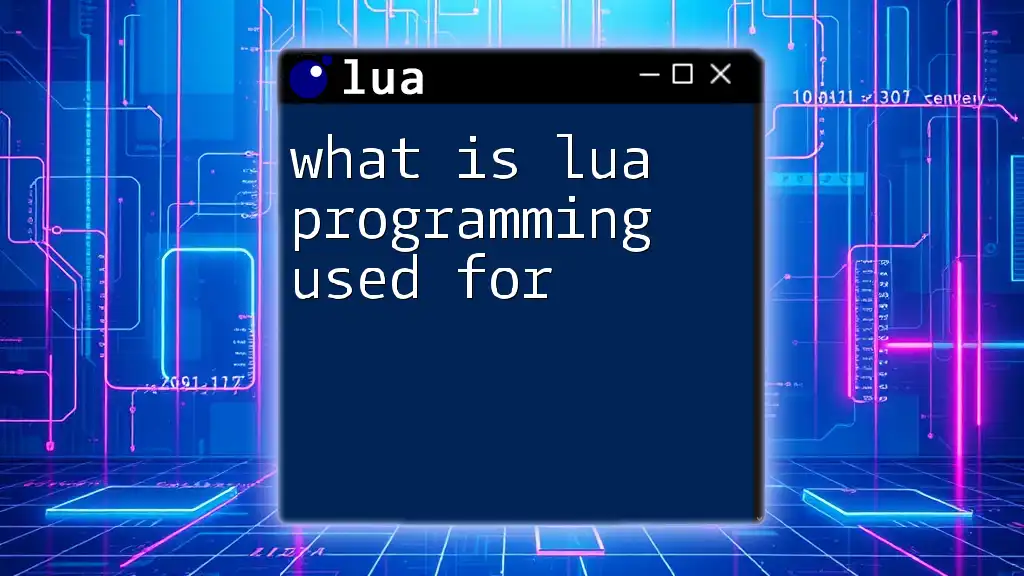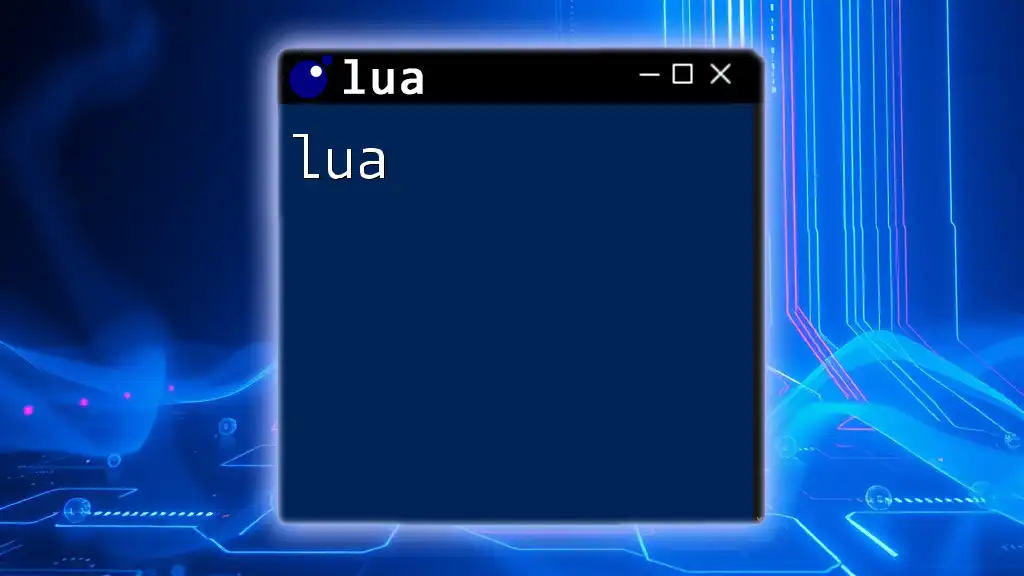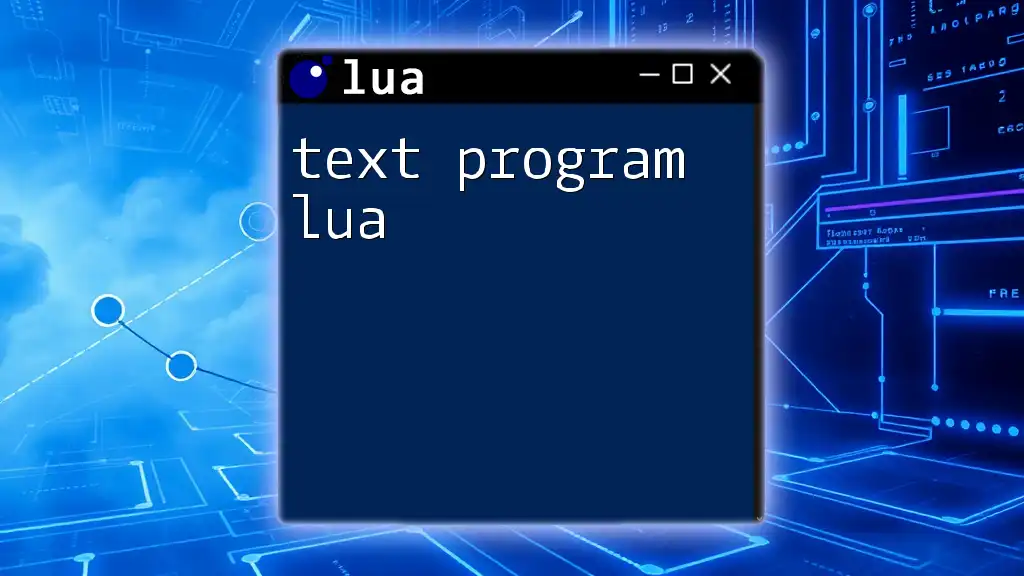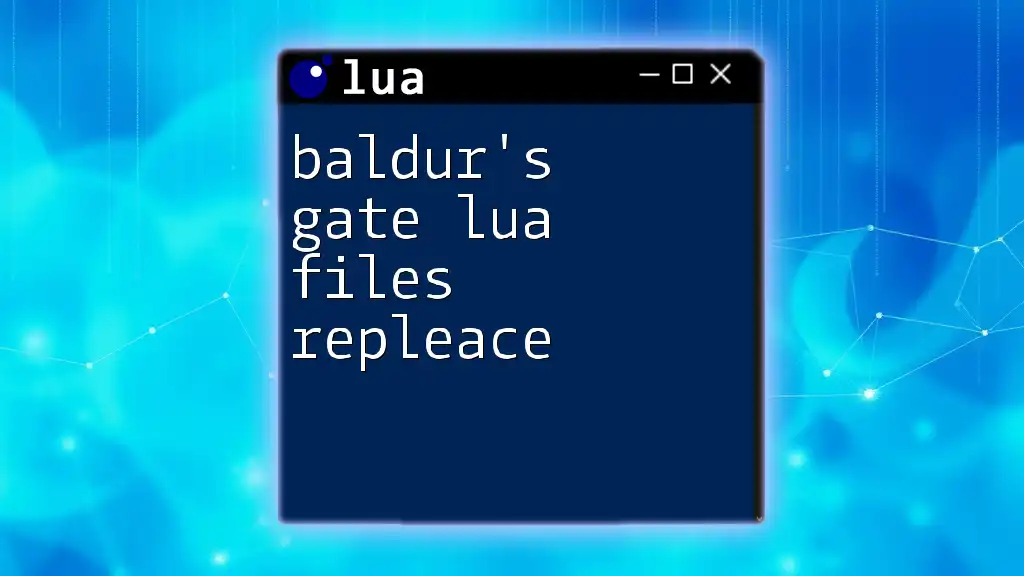"Sol Terra" in Warframe refers to a system of Lua commands that can be used to interact with in-game mechanics, enabling players to automate actions or modify gameplay elements efficiently.
Here’s a simple Lua command snippet for activating a specific Warframe ability:
function activateAbility()
local warframe = getWarframe() -- Gets the current Warframe object
if warframe then
warframe:activateAbility("AbilityName") -- Replace "AbilityName" with the actual ability
end
end
Understanding Warframe and Lua
What is Warframe?
Warframe is an action-packed free-to-play online game that emphasizes teamwork and fast-paced combat. Players control members of the Tenno, a race of ancient warriors, as they navigate through various missions across the solar system. One of the key features of Warframe is the ability to customize and enhance gameplay through mods, abilities, and scripting with Lua. This level of personalization allows players to engage deeply with the game mechanics and develop unique strategies tailored to their playstyle.
Introduction to Lua
Lua is a lightweight, high-level programming language designed for embedding into applications. In the context of gaming, its simplicity and flexibility make it an excellent choice for scripting. Lua offers users the chance to manipulate game mechanics, automate tasks, and enhance their overall experience in environments like Warframe.
The basic syntax of Lua involves:
- Variables: Used to store data, such as numbers or strings.
- Functions: Blocks of code that can be reused throughout the script.
- Control Structures: Includes `if` statements and loops that control the flow of the program.
Here’s a simple example of declaring a variable and a function in Lua:
local welcomeMessage = "Welcome to Sol Terra!"
function greet()
print(welcomeMessage)
end
greet()
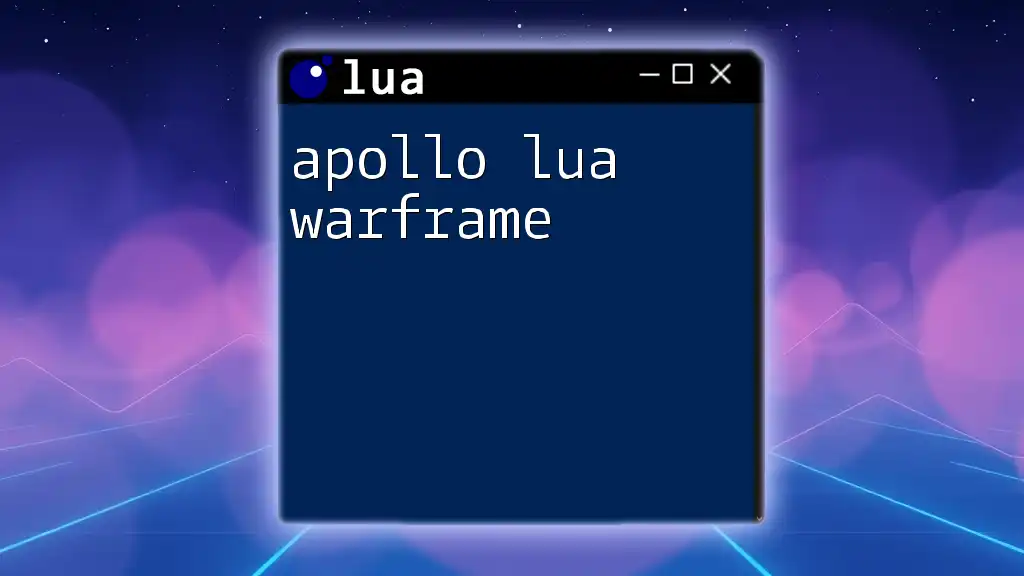
Overview of Sol Terra
What is Sol Terra in Warframe?
Sol Terra refers to a specific area or mechanic within Warframe, blending unique gameplay features with the narrative elements of the game. It represents a world that challenges players through environmental dynamics, interactive missions, and engaging enemies. The connection between Sol Terra and Lua scripting is crucial, as it allows players to harness the power of code to influence game mechanics and outcomes.
Key Features of Sol Terra
Sol Terra boasts several distinctive features that set it apart:
- Dynamic Environments: Players encounter varying landscapes that alter mission strategies and objectives.
- Unique NPC Interactions: Sol Terra offers specialized non-playable character interactions that enrich the storyline.
- Challenging Missions: Each mission in Sol Terra has its own set of objectives and tactical requirements.
This combination leads to an enhanced and immersive gaming experience, making knowledge of sol terra lua warframe invaluable.
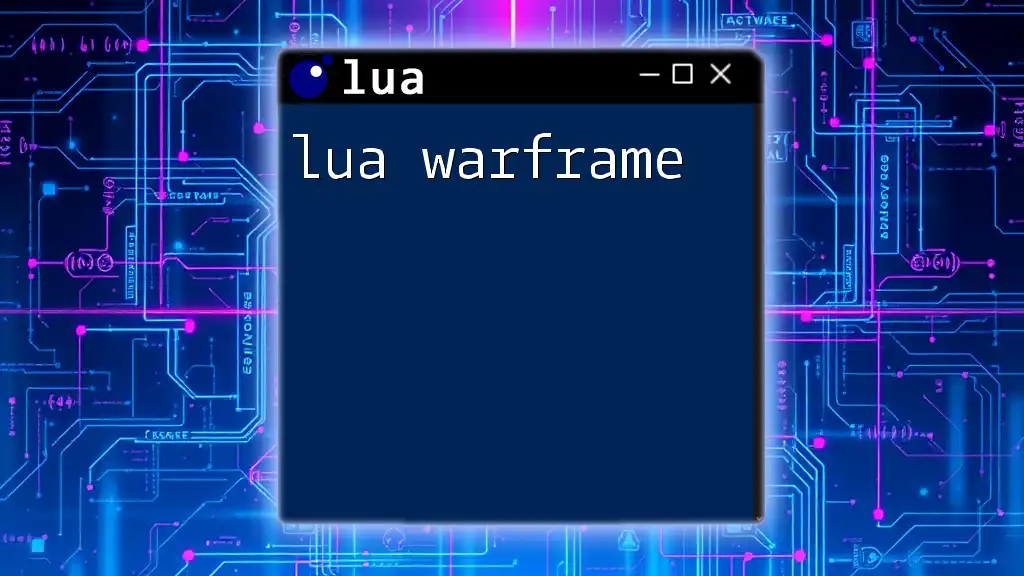
Scripting with Lua in Sol Terra
Getting Started with Lua Commands
Before diving into Lua commands specific to Sol Terra, players must set up a Lua environment compatible with Warframe. Familiarizing yourself with the Warframe Lua scripting documentation is essential for accessing a wide array of commands that can influence gameplay.
Essential Lua Commands for Sol Terra
Basic Commands
As you begin scripting for Sol Terra, it’s vital to master some basic commands. For instance, displaying messages in the game can enhance interactivity:
print("Welcome to Sol Terra!")
This command simply welcomes players upon entering Sol Terra, enhancing gameplay immersion.
Advanced Commands
Advanced commands allow players to trigger specific events or modify in-game actions. Here’s an example that triggers a mission:
function activateMission()
-- Code to start a mission in Sol Terra
print("Mission activated!")
end
activateMission()
This code snippet demonstrates how to initiate a mission, providing real-time feedback to players.
Conventions and Best Practices
To ensure your scripts are both effective and easy to read, adhere to established coding conventions. Use descriptive names for variables and functions to clarify their purpose.
For example, instead of naming a function `fn`, you might use `activateMission`. Here’s a snippet showcasing proper naming and commenting:
-- Function to track player progress
function trackProgress(player)
-- Logic to track player's current objectives
end
Clear commenting within your code helps others understand its logic, fostering collaboration within the community.
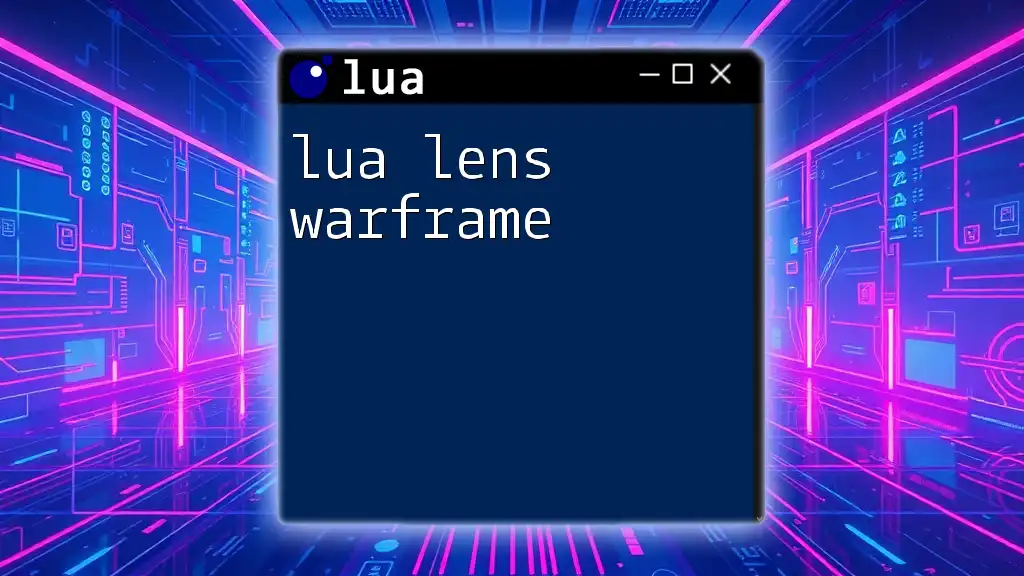
Practical Applications of Lua in Sol Terra
Creating Custom Gameplay Experiences
Lua scripting empowers players to modify existing missions creatively. Designing unique enemy spawn logic can personalize gameplay and keep it fresh. Here’s an example of spawning enemies in Sol Terra:
function spawnEnemies()
-- Logic to spawn waves of enemies in Sol Terra
print("Enemies have been spawned!")
end
spawnEnemies()
By integrating customizable logic for spawning, players can enhance the challenge of their runs or create tailored experiences for their friends.
Automating Tasks
Scripting in Lua allows players to automate repetitive tasks, significantly saving time during farming sessions. For instance, you might want to collect a specific resource multiple times:
for i = 1, 10 do
collectResource("Rare Element")
end
This loop will execute ten times, calling the `collectResource` function and seamlessly gathering resources without the need for constant manual input.
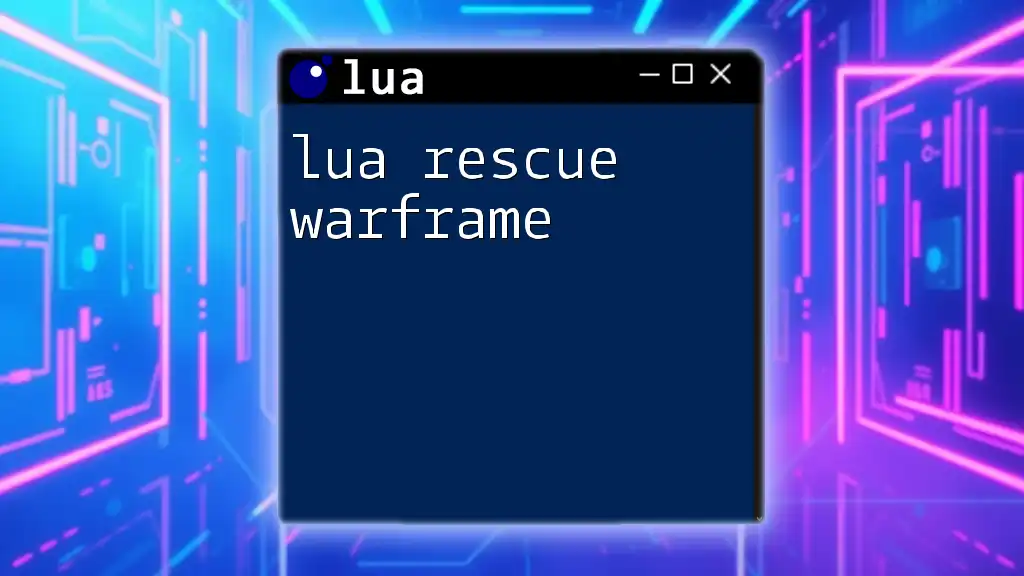
Debugging Lua Scripts in Warframe
Common Issues
Like any programming language, Lua is not without its pitfalls. Common issues arise from syntax errors, logical errors, or incorrect variable references. Understanding potential errors is crucial for smooth scripting.
Testing Your Scripts
Testing your scripts before deployment is vital. Incremental testing—making small changes and testing frequently—helps you catch errors early. Lua offers versatile debugging tools that can track errors and understand code flow.
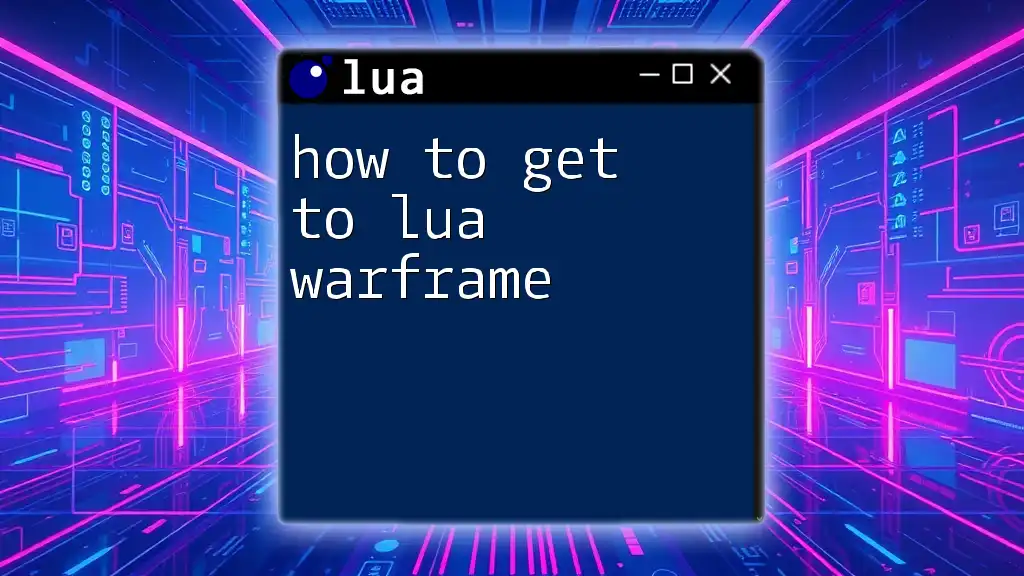
Conclusion
By integrating Lua scripting into your experience in Sol Terra, you gain a robust toolkit for enhancing Warframe gameplay. From automating tasks to creating unique mission experiences, the scripting capabilities available to players are extensive and rewarding. Embracing the potential of sol terra lua warframe not only elevates personal gameplay but also fosters collaborations within the Warframe community.
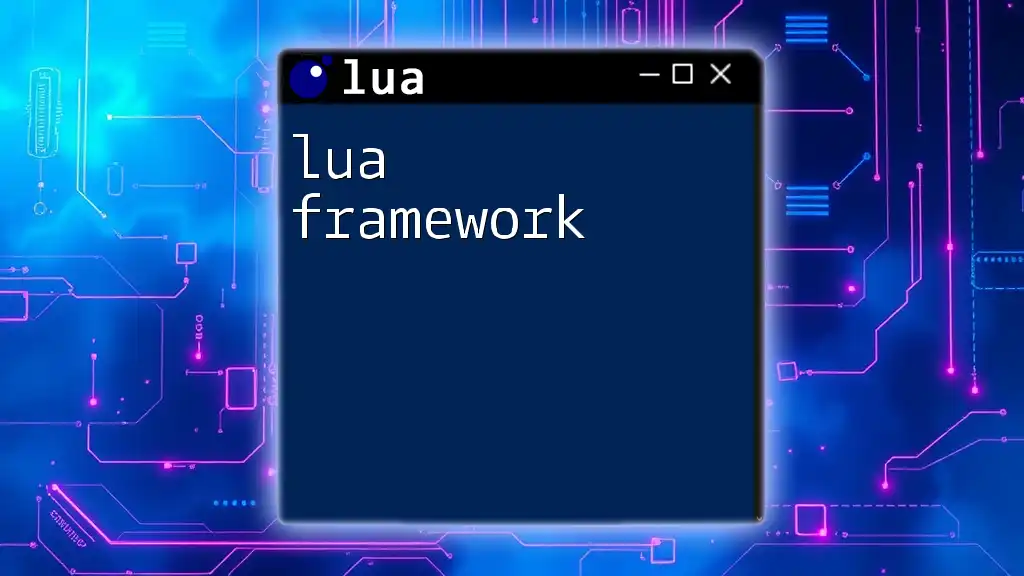
Additional Resources
To further enhance your Lua scripting skills, seek out comprehensive Lua programming resources, community forums, and Warframe-specific sites. Engaging with the broader community will provide ongoing support and inspiration.

Call to Action
Now is the time to harness the power of Lua and take your Warframe experience to the next level. Practice coding, share your scripts, and explore the endless possibilities that await you in Sol Terra!

